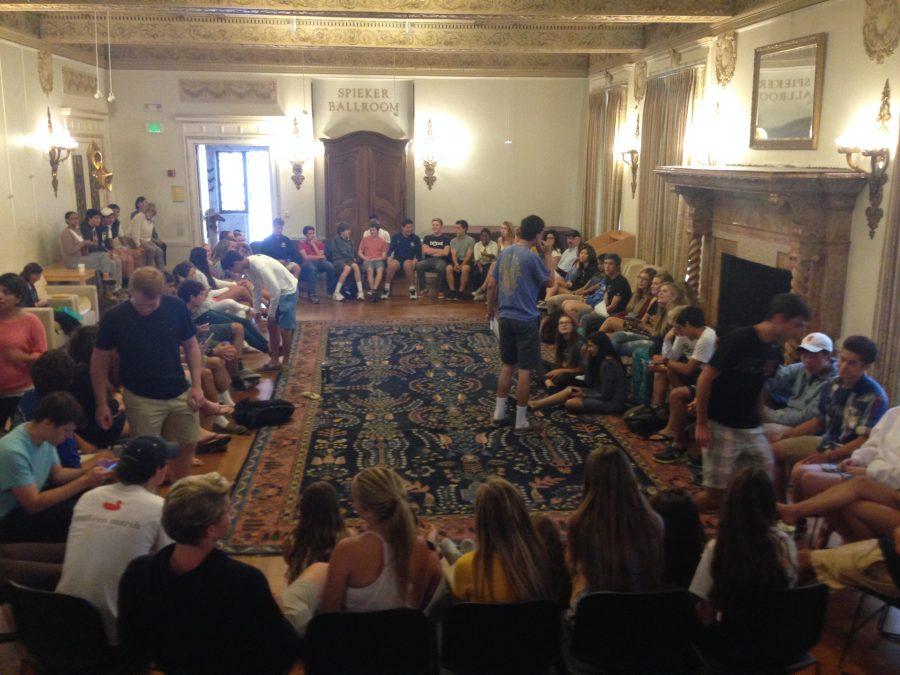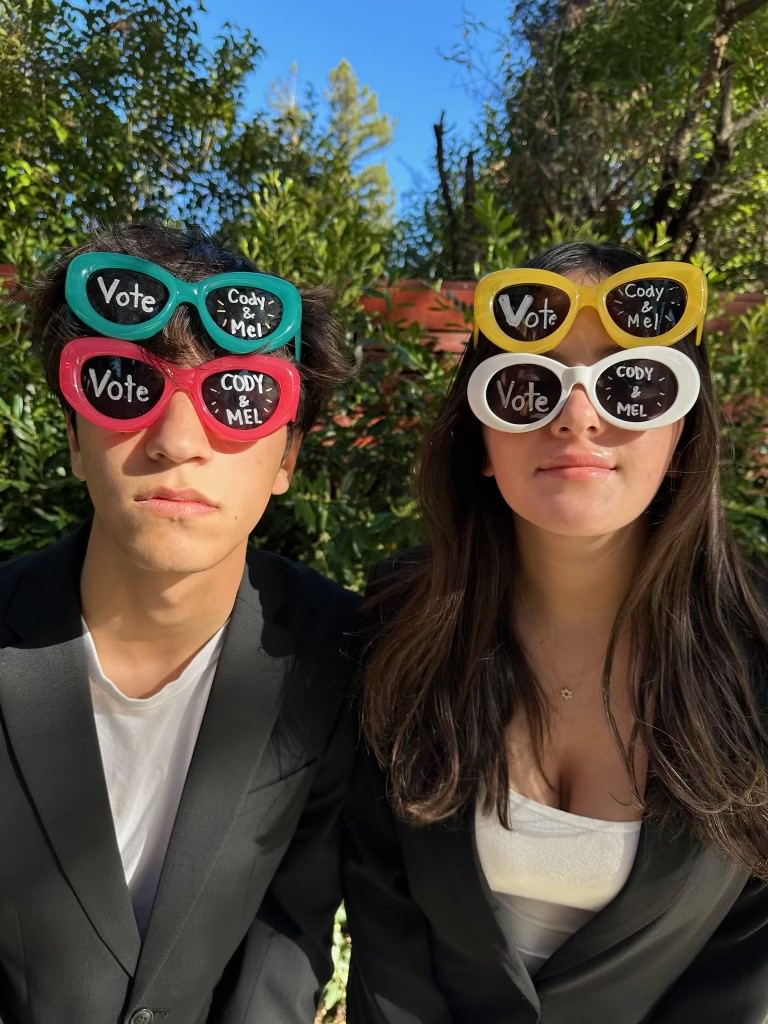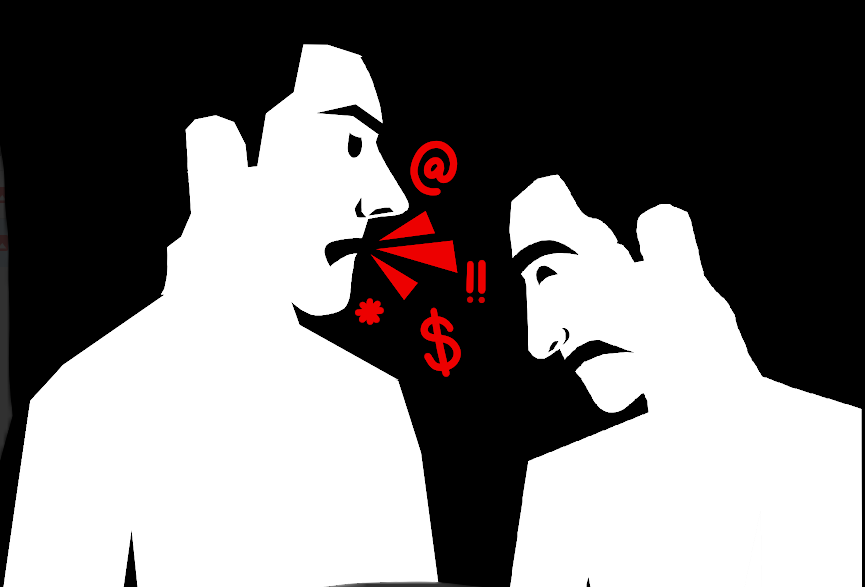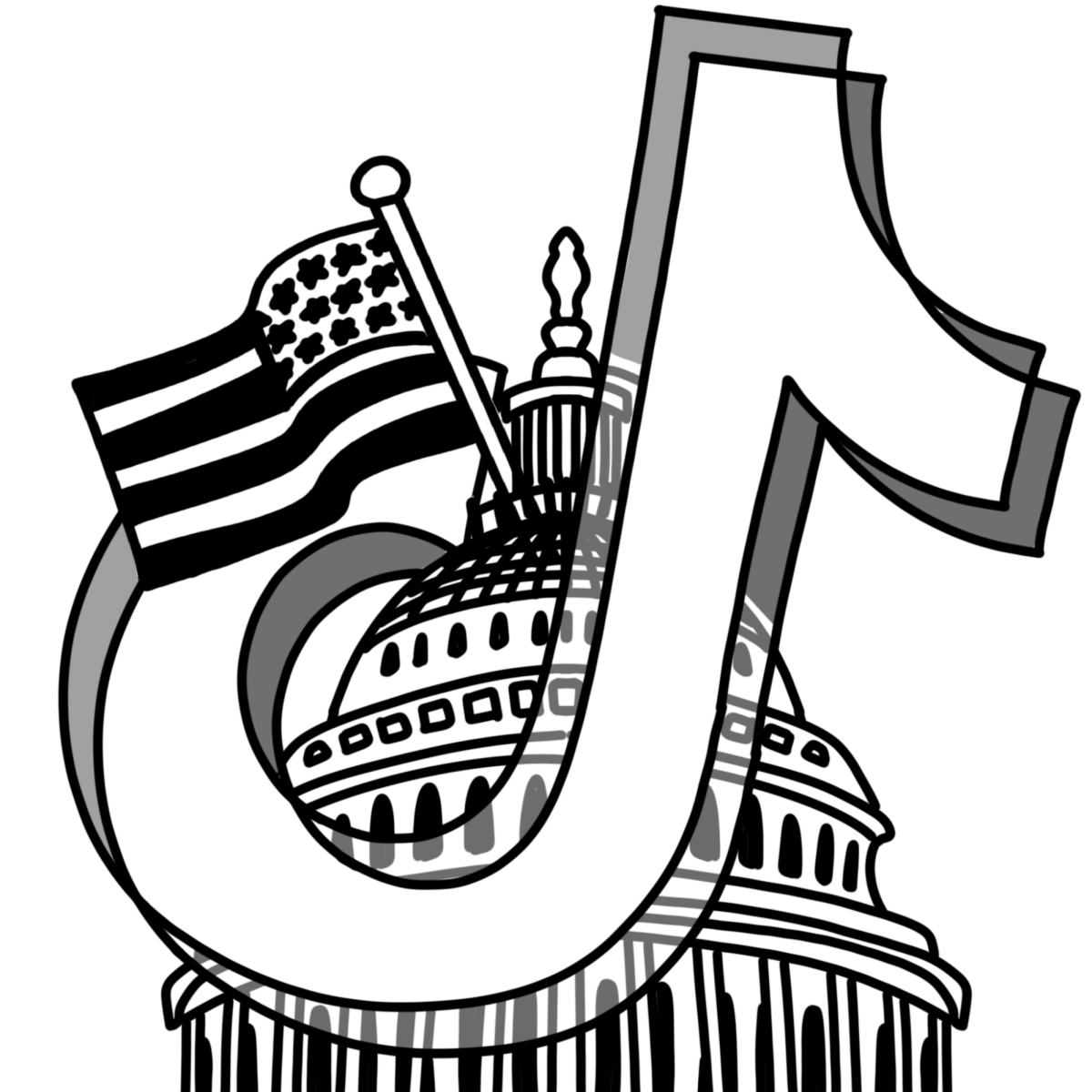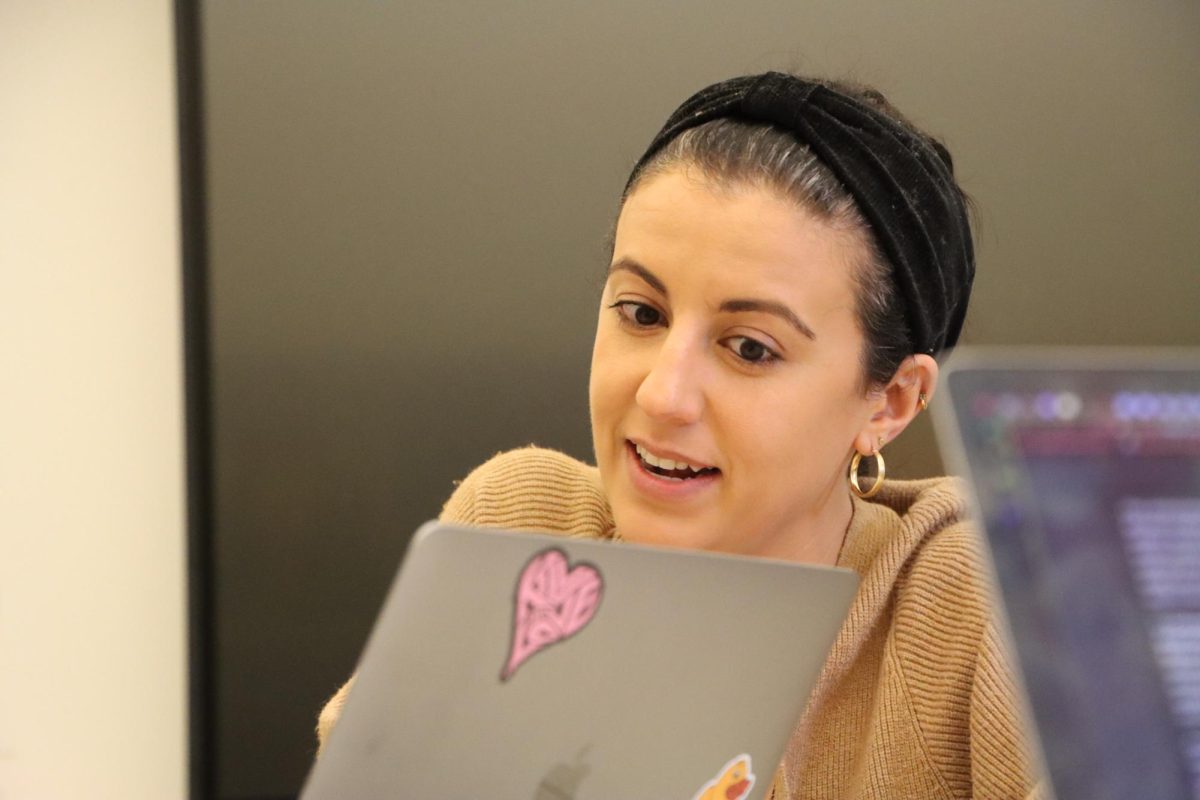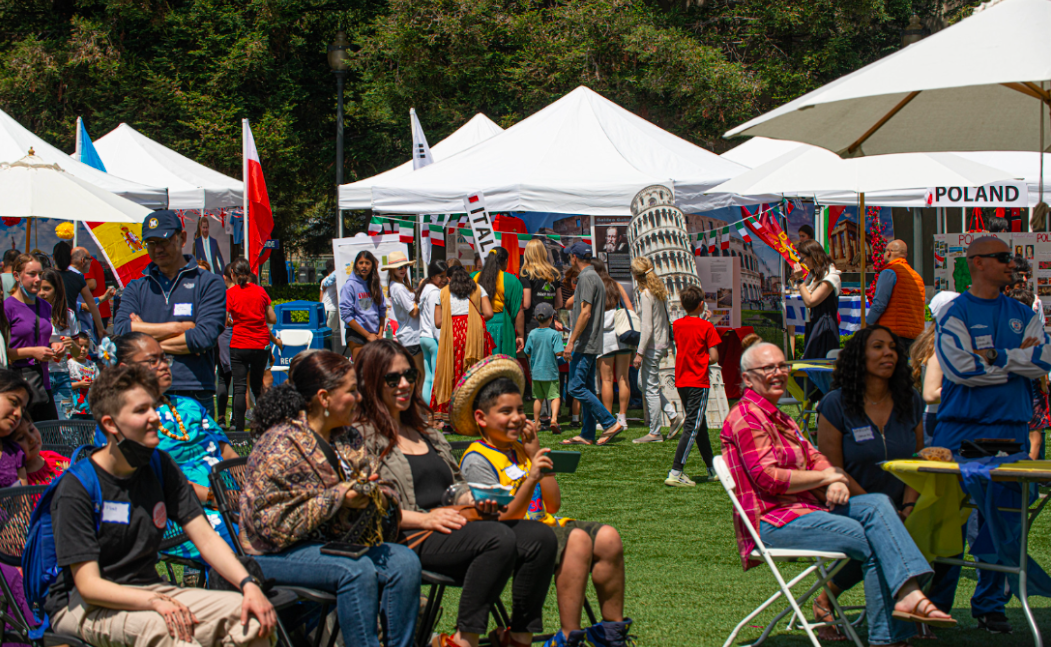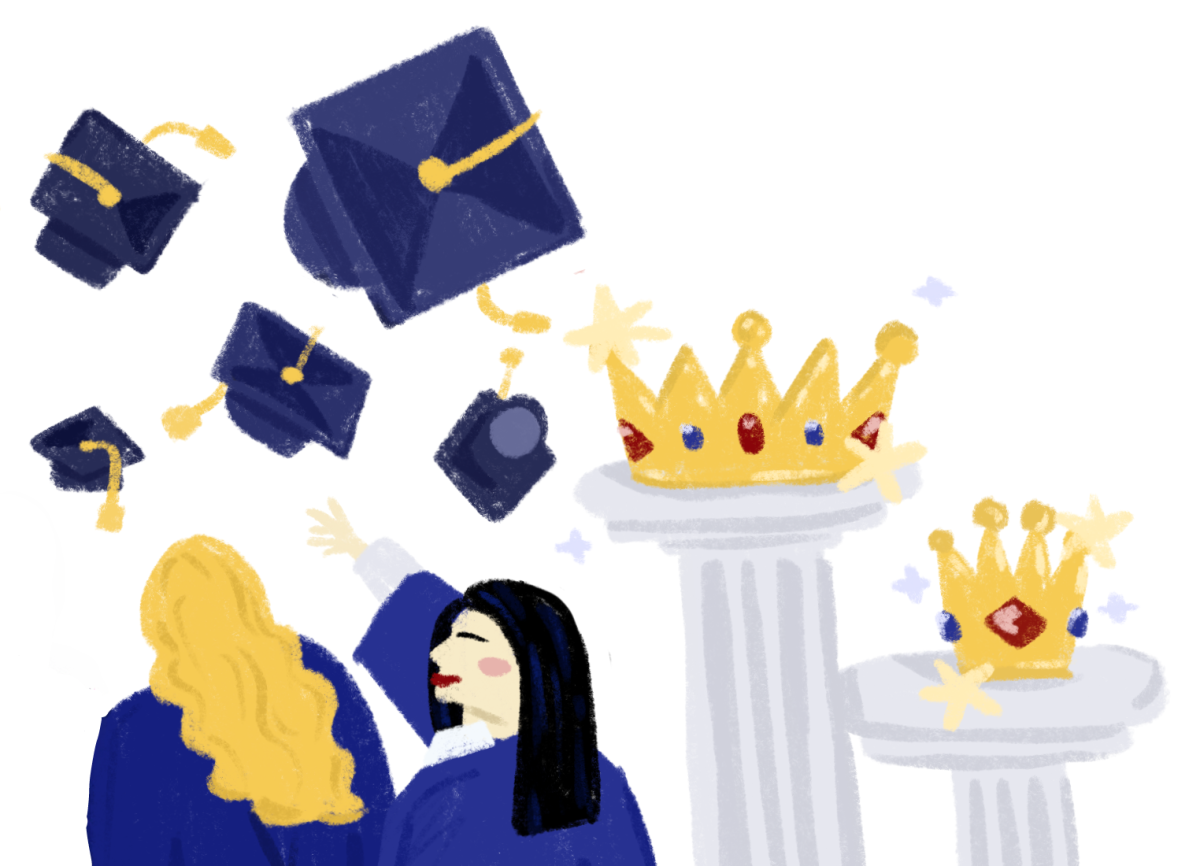At Thursday’s Community Circle students agreed that conservative viewpoints are marginalized at Menlo. A concrete solution to the problem was harder to come to. Staff photo by Michael Shames.
Davis Rich | Editor-in-Chief
Connor Ryland | Staff Reporter
The consensus reached at Thursday’s Community Circle regarding political ideologies was easy to see: conservative viewpoints at Menlo are often marginalized and stigmatized, making it difficult for students right of center to ensure their ideologies are recognized as valid on campus. The cause of the problem, however, is more difficult to discern.
As senior George Tamer brought up during Thursday’s meeting, the radicalization of political parties in recent history has entrenched people on one side of an issue, making respectful political discourse more difficult. Additionally, the Republican party has lost some its credibility recently, which can contribute to the stigma surrounding conservative values. “The more recent Republican administrations and some of the more recent Republican presidents have not done the Republican party any favors,” History Department Chair Ryan Dean said.
As a result, if conservative students express their beliefs, they run the risk of being labeled a conservative and being unfairly associated with some of the more sensationalized aspects of the Republican party.
“If you’re socially conservative, you’re seen as backwards and if you are fiscally conservative, you’re seen as cold-hearted,” senior Rory Plewman said.
Yet several students at the Community Circle explained that conservatism doesn’t necessarily mean support for Trump-esque immigration policies or an indictment of same-sex marriage.
“I think that one of the most destructive things we do as a campus that leads to marginalized viewpoints at Menlo is labeling political beliefs as either conservative or liberal,” senior Ashley Pimlott said. “I think as young adults it’s hard to classify ourselves as belonging to a particular party and the narrative of someone either being strictly conservative or strictly liberal doesn’t encompass the entirety of someone’s beliefs.”
Several students at the meeting identified themselves as fiscally conservative but socially liberal, evidence of Pimlott’s point that ideologies do not always fit into a ready-made box.
Senior David Farnham believes conservatives at Menlo are not afforded the respect they deserve. “I don’t think that there is a culture of respect towards people who have different opinions….Menlo is diverse in its racial makeup, it’s diverse in the number of religions represented at Menlo, but it’s not diverse in the sense that there are many opinions that are accepted on campus,” Farnham said. A conservative, Farnham thinks a “culture of ignorance” is a better way to describe the political atmosphere at Menlo. Fellow senior Nika Kunwar agrees, stating that conservative opinions are met with closed-mindedness.
Students discussed how conservative viewpoints are marginalized in the classroom, be it through discussion or through the material presented to students.
“I definitely think I have experienced where if I say something that’s different, the teacher doesn’t say ‘Okay, yeah, sure, that’s a valid point,’ they immediately have to respond and argue how they are right, versus if someone says the exact opposite view, they’re like ‘Okay, yeah, that’s a fair point,’” Farnham said.
It was agreed that part of the problem stems from a largely liberal faculty, who, through no fault of their own, as it is hard to separate personal biases from professional work, tend to let their ideologies seep into the classroom.
“[Liberal teachers] don’t mean to [marginalize certain viewpoints], but I can definitely see the viewpoint of a student that feels his or her voice is not being heard,” history teacher Dan Devitt said. In order to combat this problem, Devitt attempts to adopt a contrarian standpoint to any point a student brings up in class. “No matter what issue comes up during class, I’m going to try as best I can to be aware that I need to take the other side and sort of be as forceful as I was with the other side,” Devitt said.
Solving an issue like the marginalization of certain political beliefs is far from easy, and no concrete solution was proposed at Thursday’s meeting. However, students agreed that another way in which viewpoints from all perspectives can be accepted is through open-mindedness and respect.
“To a point that Avalon made in our pre-community-circle meeting, no discussion or debate will be productive if both parties are uninformed,” senior Wells Costello said in an email. “Respectful discussions turn into productive ones. A perfect example is the community circle we just had on this topic. We were able to cover a plethora of questions in a very limited amount of time because no one was interrupting the speaker and everyone was engaged and interested in the speaker’s opinion.”


